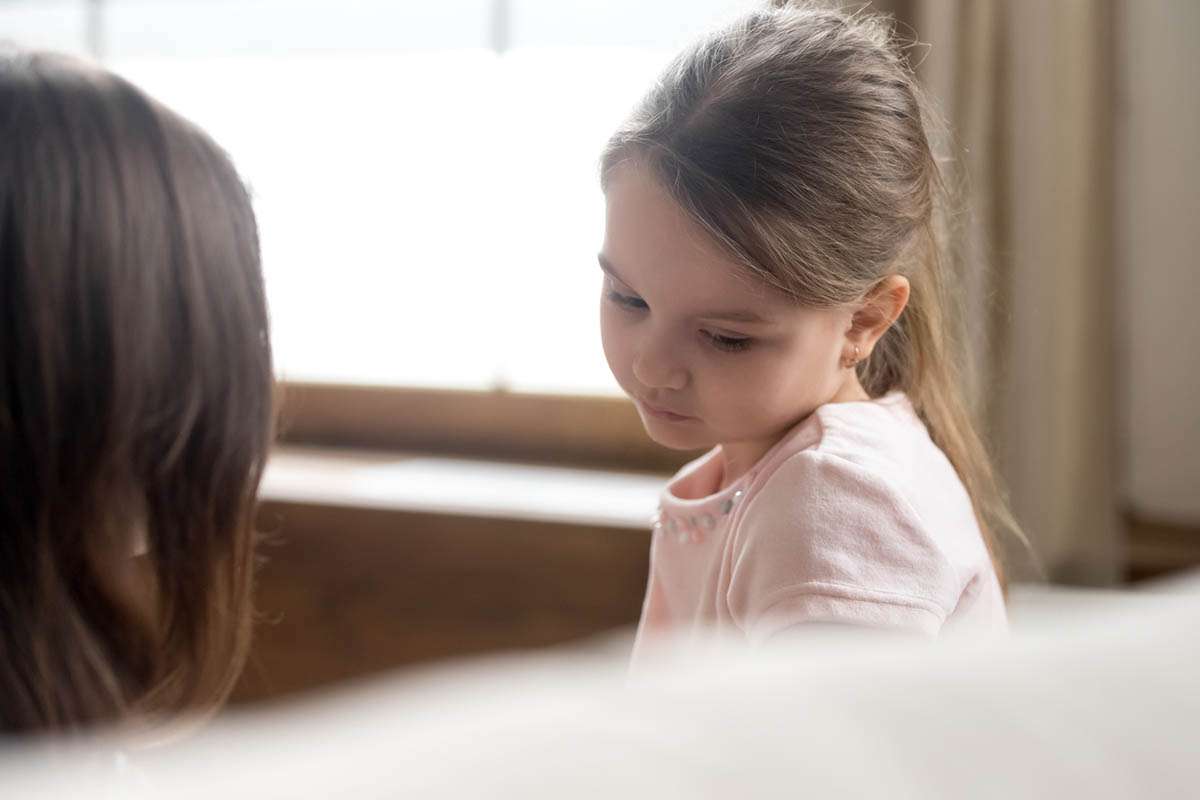I spoke to her teacher about having her tested for the school's gifted program, and her teacher feels that while she is probably gifted, she would not test well because she is so extremely shy and the person testing her would be someone she doesn't know. The teacher said that if she doesn't score high enough the first time she's tested, they won't be able to test her again for another year, so maybe we should wait a little longer.
My daughter doesn't seem to be getting any less shy, so what difference would a couple of months make? What should I do: Have her tested now and see what happens, or wait and hope it makes a difference?
Frequently, when a child is shy, it is helpful for the person doing the testing to meet with the child in advance. Informal interactions with the child in her regular classroom or one-on-one in a conversation or in a play setting can help the child become familiar with the tester. It is important that the person who tests your daughter is aware of her personality and can maintain her cooperation and attention. (Obviously, too, better results will be obtained for shy children in individual testing than in a group testing situation.) In working with shy children, one of the goals of the tester is to establish a rapport by being warm and friendly toward the child. An additional plus would be having a psychologist or diagnostician who has experience working with young children.
If you decide to pursue testing at this time (or even later), I would recommend that you make an appointment with the person doing the testing to share your concerns about your daughter's shyness as it might impact on her test scores. A little advance warning may be all that is necessary to ensure that your daughter's performance reflects her true abilities.
